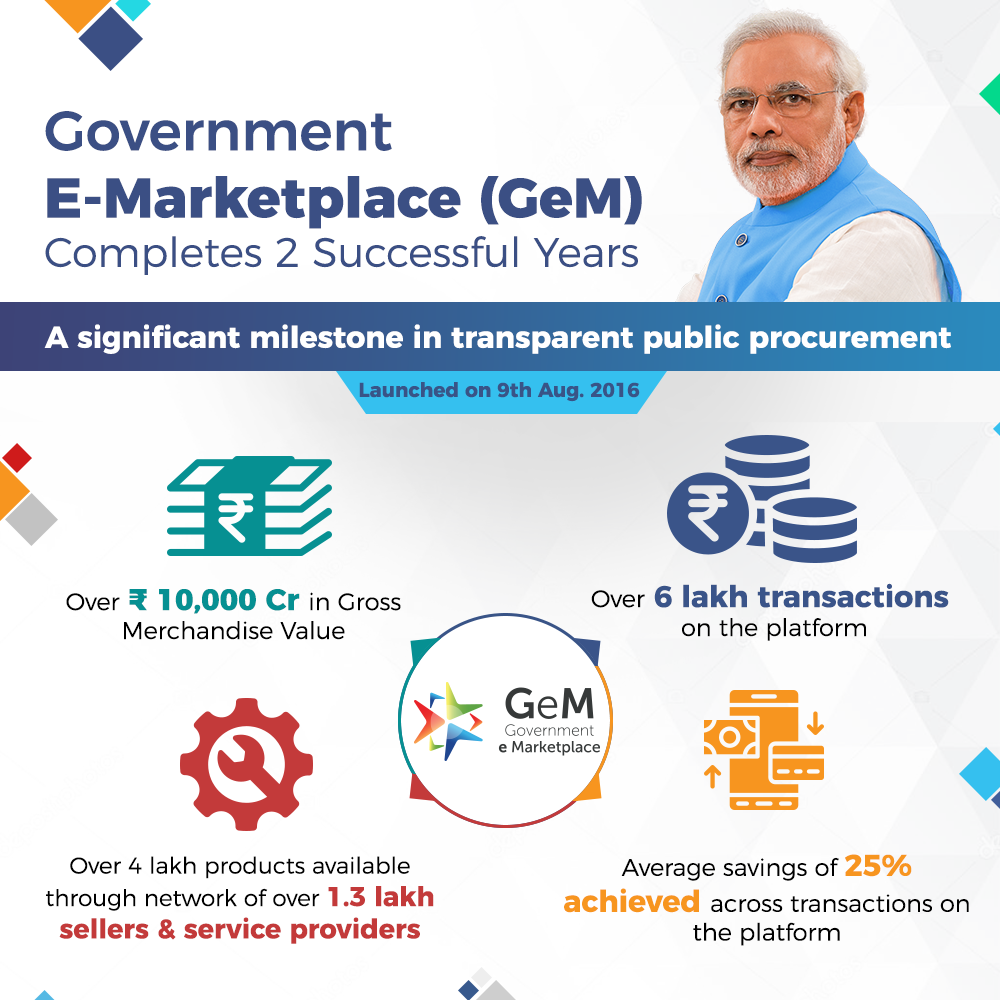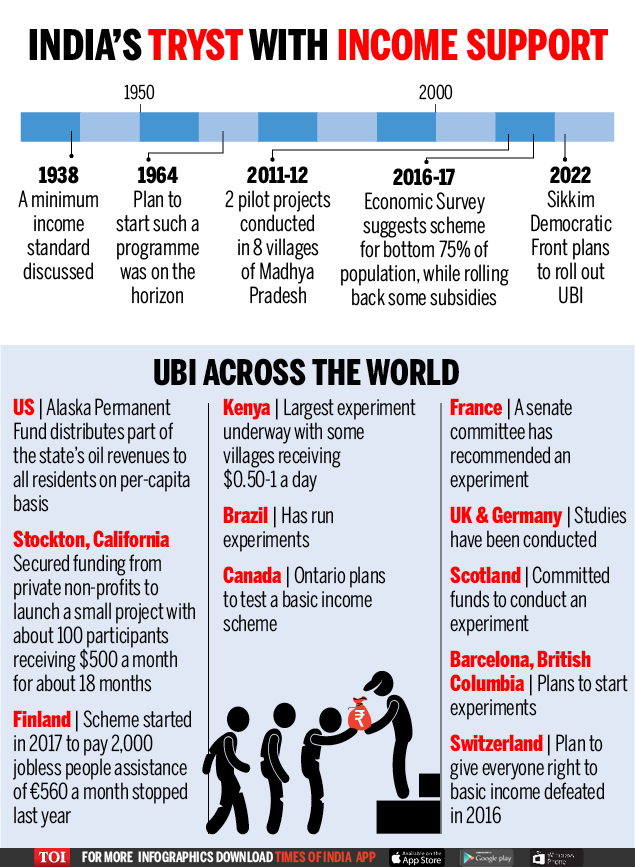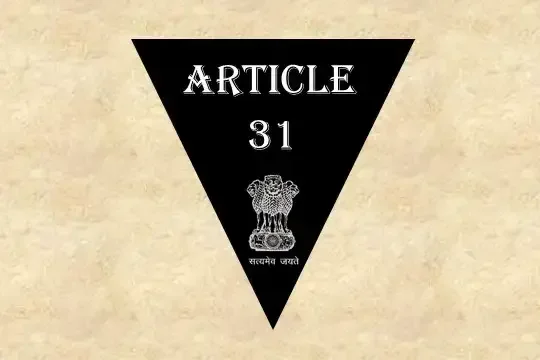
National Council for Transgender Persons (NCTP)
Subscribers of "Current Affairs" course can Download Daily Current Affairs in PDF/DOC
Subscribe to Never Miss an Important Update! Assured Discounts on New Products!
Must Join PMF IAS Telegram Channel & PMF IAS History Telegram Channel
- Context (PIB): The National Council for Transgender Persons (NCTP) convened its pivotal meeting at Dr. Ambedkar International Centre (DAIC).
- The agenda was to confront the challenges faced by transgender people, encompassing issues concerning Education, Life with dignity, Health support, Opportunities for livelihood, and Skill enhancement.
- Specific concerns raised included the necessity for unisex toilets, the establishment of shelter homes, the distribution of Ayushman Cards, and the provision of GarimaGreh.
National Council for Transgender Persons (NCTP)
- It is the statutory body primarily concerned with advising the government on all policy matters affecting transgender and intersex persons, as well as individuals with diverse GIESC (gender identity/expression and sex characteristics) identities.
- It was established in 2020 under the provisions of the Transgender Persons (Protection of Rights) Act, 2019.
- The Minister of Social Justice and Empowerment leads the council.
- It includes four representatives from the transgender community and one from the intersex community, each representing different regions (north, south, east, west, and northeast).
- Several Joint Secretary-level ex-officio members from various governmental ministries also serve on the council, along with five expert members from non-governmental organisations.
National Portal for Transgender Persons
- It is an initiative by the Ministry of Social Justice and Empowerment.
- The portal serves as a centralised platform to address the needs and rights of transgender individuals.
- Components:
- TG Certificate & ID Cards
- GarimaGreh (Shelter Homes)
- Skill Training
- Medical Support
- Recognition & Appreciation
GarimaGreh
The SMILE scheme
|





![PMF IAS Environment for UPSC 2022-23 [paperback] PMF IAS [Nov 30, 2021]…](https://pmfias.b-cdn.net/wp-content/uploads/2024/04/pmfiasenvironmentforupsc2022-23paperbackpmfiasnov302021.jpg)









